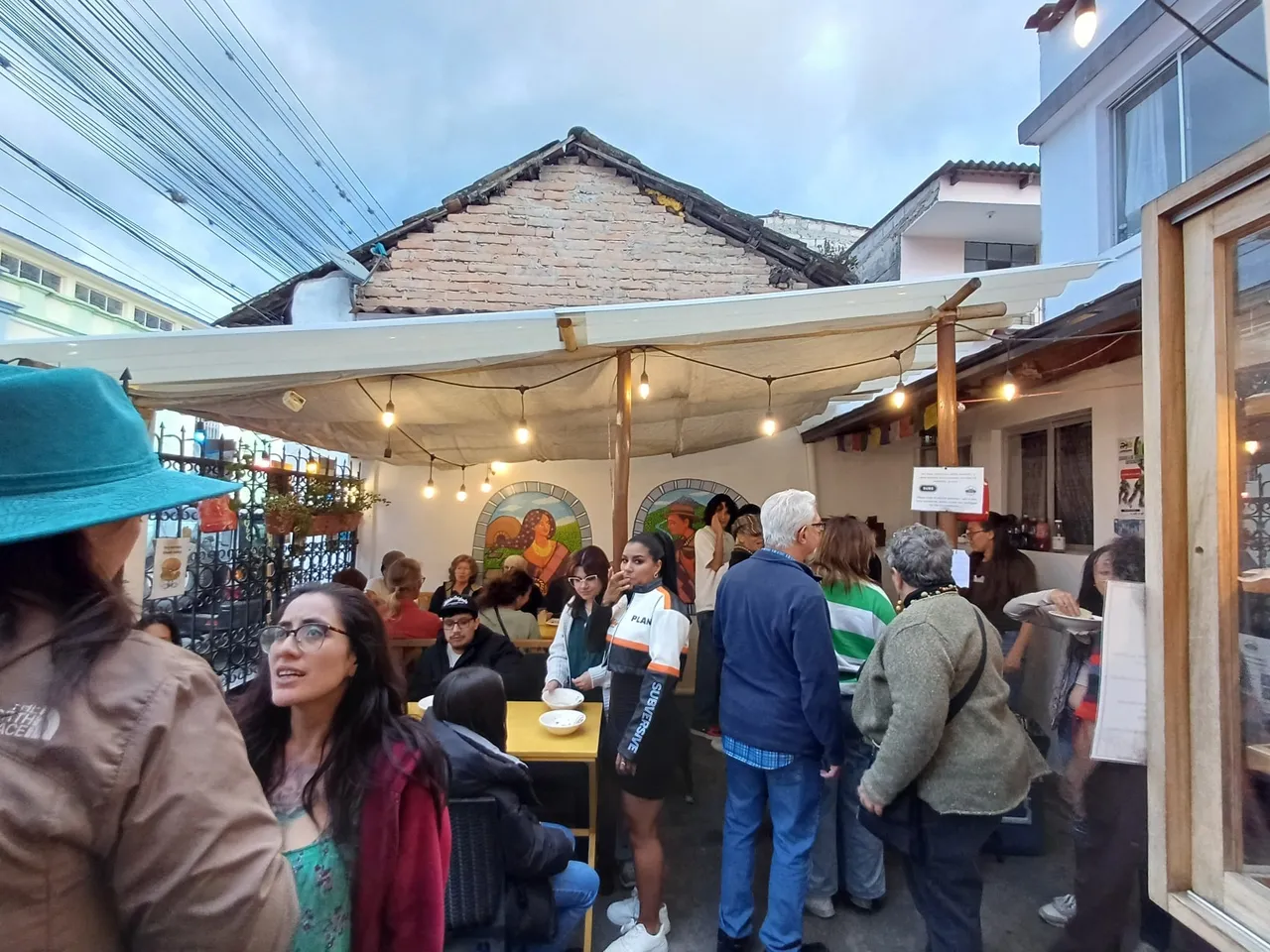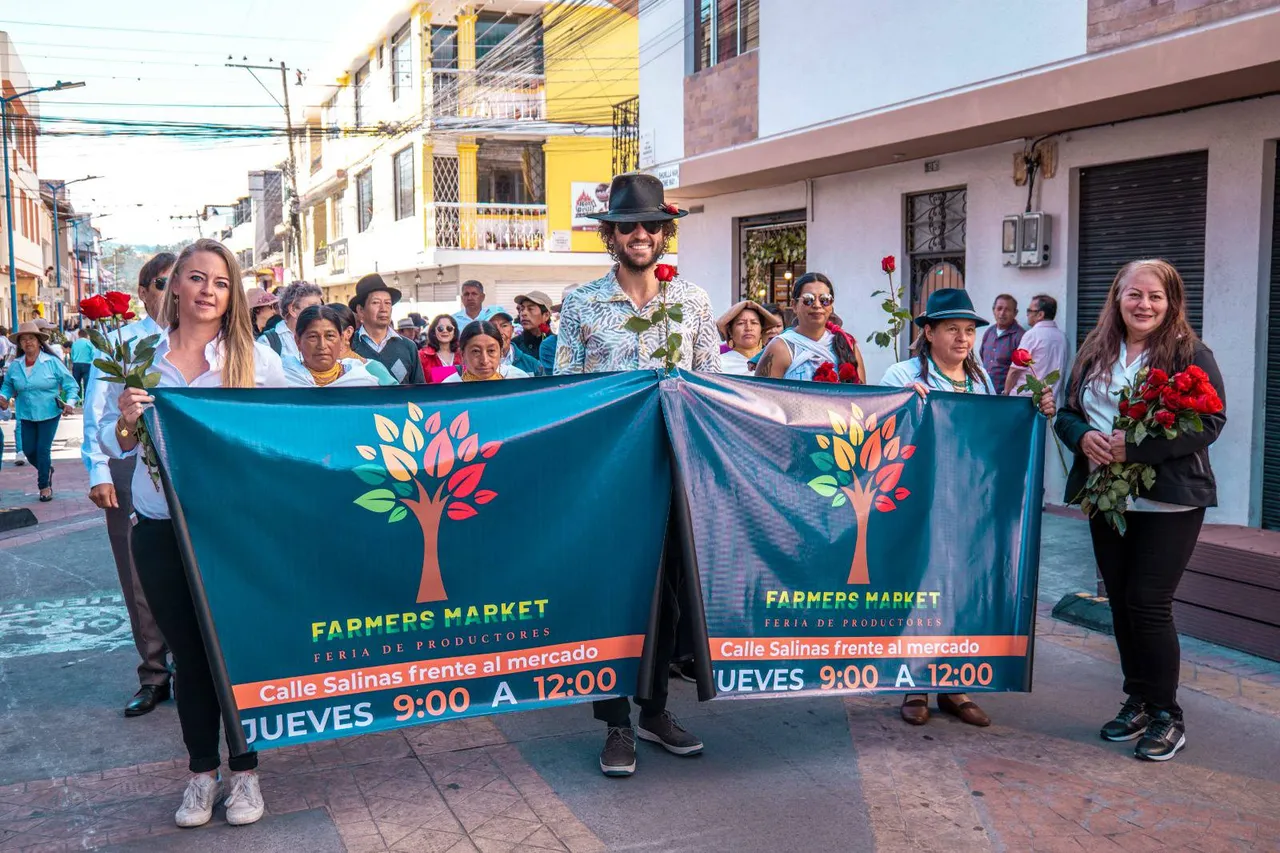Talking to two good friends of mine separately and about the topic “friendship” itself, I suddenly had a couple of epiphanies, and nice ones, too – I really felt better afterwards, about myself. You see, I was always struggling with having to define what a friend is to me. I never knew why, but in those discussions I finally reached enlightenment.

Everybody’s darling!
That’s what one of my friends always tells me, sometimes a little bit disappointed if I don’t fit into her ideas of what a friend ( I ) should act, sometimes to make fun of me on how I navigate so eloquently among all those people with all those opinions and all those qualities and disqualities (does that word exist? Like disqualification?). And it’s true. I tend not to make any enemies, at least not on purpose, and for many people my way of acting seems fake.
But it’s me. Truly.
The thing is, I don’t look at people as how they present themselves. The more I learn about superficiality and its many appearances, the more I try to look beneath it. I believe in looking at everything and everyone from different perspectives, and try to take people as they are, without formulating a rushed and uninformed opinion based on 20 seconds of interaction.
No matter how bad that interaction.
I treat everyone with respect, and sometimes especially those who don’t treat me with respect, out of pure spite and arrogance maybe, or to let their behavior fall back to them, not accepting their bad mojo, or because they’re just not important enough to go down on their level. But mostly because that’s how I want to treat people, and how I want them to treat me. I don’t know the reasons for their disrespect or bad behavior, and I don’t care. I care about me.

Mirror, double mirror, triple mirror!
You get an insult, you put your hand up, and say mirror. It reflects the insult. Genius, how kids are. As a kid, it still hurt, though. It doesn’t anymore. There are few people who’s opinions actually matter to me, and those could maybe insult me, if they really wanted – but they don’t. They love me, I love them, and that means that even if they were insulting me, I would receive that from a position of love, not anger. And if the person spewing at me does not fall in that category, their insults are pointless. I don’t even have to hold up one hand, though it would be funny to do it to make fun of their childish behavior.
But that’s not me.
It takes time to make a friend. Most precisely, it takes time to get to know them. It takes time to understand their values and compare them to one’s own, and see if there’s enough overlap for friendship. I know my friends. Honestly. More than anything, I know their weaknesses, their failures, their flaws. Everybody displays their strengths openly, and markets themselves with that. But getting to the point where you get into an honest “show me yours, and I’ll show you mine”, that’s were friendship can start.
Managing expectations.
I know who to call for what. I know who will dispose of a body with me if necessary, who will take in my kid, who will pick me up from the airport at 2am, who will lend me money, who would lie for me, who will bail me out of jail – if it every comes to it, which I hope not. And those are all different people, mostly. None of my friends would do all of them. Some are more loyal, some less. Some are more considerate, some less. Some give more, some take more. And it doesn’t matter, as long as I know what I can expect from whom.

A friend has to be loyal above all else!
I don’t think so. In the conversations I had, I realized that pre-defining a friendship in that way does more harm than good. It’s a protection mechanism above all else, managing expectations before the fact. But what I saw many times that it also hinders people from seeing the true other. It’s a projection made onto the other. It’s not based on what the other person is, but what we want them to be.
In for a surprise?
Because that will spring on us, some day. As we create unfounded expectations, the other person will eventually fail us. Disappointment is inevitable. In order to form real relationships, we have to confront ourselves with the true “other”, being just that, different from us. Without internally assimilating them to our values.
Not everyone is your friend.
That doesn’t mean that we have to throw our values overboard, either. The common ground of values is still needed, and important. It’s about accepting that the other has values, too, and that those are not ours exactly, but that they’re an individuum. They don’t have to be exactly like us to be a good friend, just similar in certain ways, and different in others to keep it interesting.
Strength through variety.
My friends are very different. Some even dislike each other, and I can’t really bring them together. And they don’t understand why I like the other. Technically, I prefer the same approach as I do with financials – concentrated diversification. I don’t have many people I really call friends, but each of them is highest quality in our common spectrum of values.
How do you see friendship? Do you adhere to a certain attribute that they need to have?
Thank you very much for reading! I appreciate every comment, especially those that help me improve my writing and thinking. Feel free to comment your own experience and point of view, I love to learn!
Inspirations for this post came also from:
Tarazkp – This is Acting (Made me think about the "everybody's darling" part as an act)
My Response to Galenkp’s #Weekend-Engagement – Muddy Waters. (About attributes that I want to see in humans in my utopia)
deirdyweirdy - The fine art of being a human (besides her writing being an absolute blast to read, the part about manners and, as she phrases it perfectly
[...]social niceties designed to keep us from ruining each other’s day.)